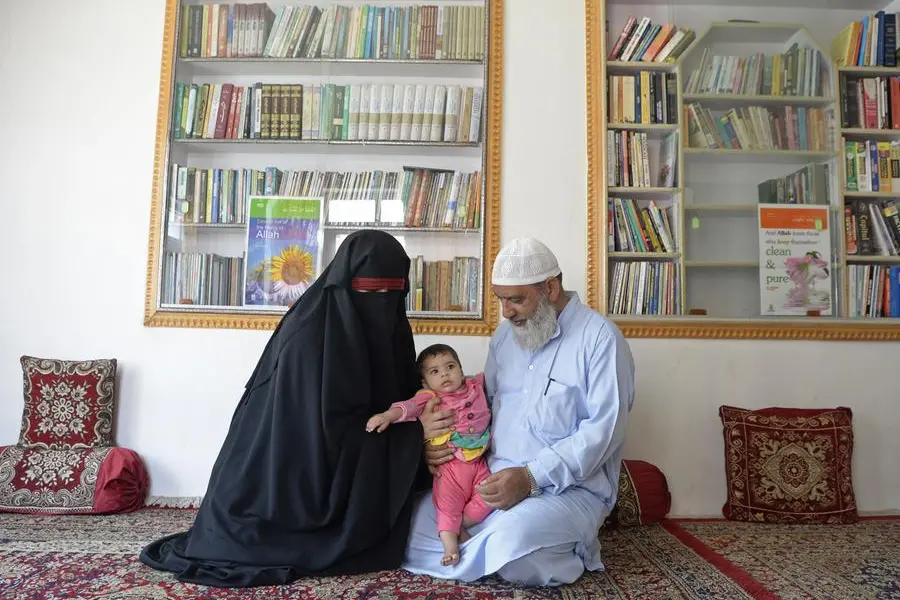PHOTO
An award-winning journalist in Indian-administered Kashmir who spent more than five years in jail returned home Wednesday after a court in the disputed region granted him bail in an ongoing terrorism case.
Aasif Sultan, a reporter with a magazine that is now shuttered, was first arrested in August 2018 accused of "harbouring known militants".
Further charges under the stringent Unlawful Activities Prevention Act (UAPA) were levelled against him after he was accused of participating in a jail riot.
Sultan was briefly bailed in February but rearrested two days later on fresh charges under the act. A relative and the Committee to Protect Journalists (CPJ) said Sultan had been released again this week.
"He returned home today, but the bail conditions are very harsh. He is virtually banned from talking to anyone outside the family," the relative told AFP, declining to be named for fear of reprisal.
Kunal Majumder of CPJ said on social media platform X that Sultan had been bailed on Tuesday.
A court document seen by AFP and dated Friday said that Sultan's detention did "not serve any purpose" and granted his bail on strict conditions.
Sultan was forbidden from travelling outside Kashmir, using encrypted communication apps such as WhatsApp and allowing anyone else to use his phone.
Kashmir has been divided between India and Pakistan since both countries were granted independence from British rule in 1947, and both claim the Himalayan former kingdom in full.
More than half a million Indian soldiers are deployed in the territory, battling a running insurgency from rebel groups demanding independence or Kashmir's merger with Pakistan.
The fighting has killed tens of thousands of people, mostly civilians.
India accuses Pakistan of backing the insurgents, a charge that Islamabad denies.
Kashmiri journalists say independent media has suffered since Prime Minister Narendra Modi's government cancelled the region's limited autonomy and imposed a drastic security clampdown in 2019.
Media workers have been arrested under anti-terrorism laws or repeatedly summoned by police for interrogation over their work, and authorities shut the independent Kashmir Press Club.
Last November a court granted bail to a prominent local Kashmiri correspondent for the US-based Christian Science Monitor newspaper, two years after he was charged with "glorifying terrorism" in the disputed territory and accused of "spreading fake news".




















